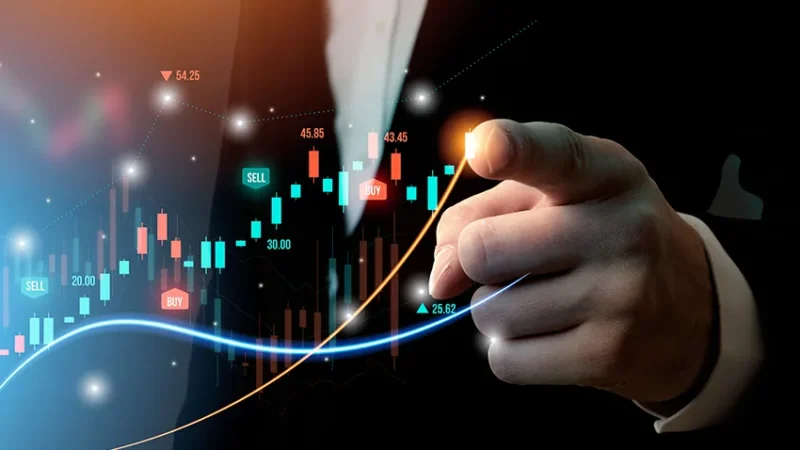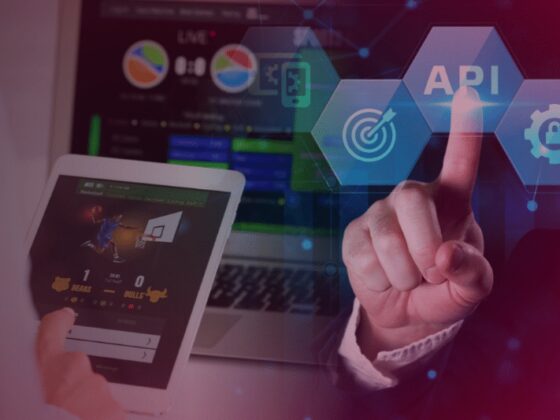In the rapidly evolving landscape of financial markets, the infusion of artificial intelligence into trading platforms has emerged as a transformative force. With algorithms capable of dissecting vast swathes of data in mere milliseconds, the potential for AI to revolutionize trading practices is immense.
Picture this: a world where machines not only predict market trends but also execute trades with the precision of a seasoned expert. Such advances promise to enhance decision-making, reduce risk, and uncover insights that human analysts may overlook.
Yet, amidst this technological renaissance, questions abound. How will traders adapt to this new era? Will the balance between human intuition and machine efficiency reshape the essence of trading itself? As we delve into the integration of artificial intelligence within trading platforms, we unveil not just a story of innovation but a complex mosaic of opportunity and challenge, compelling us to rethink our strategies in the age of digital finance.
Benefits of AI in Trading Platforms
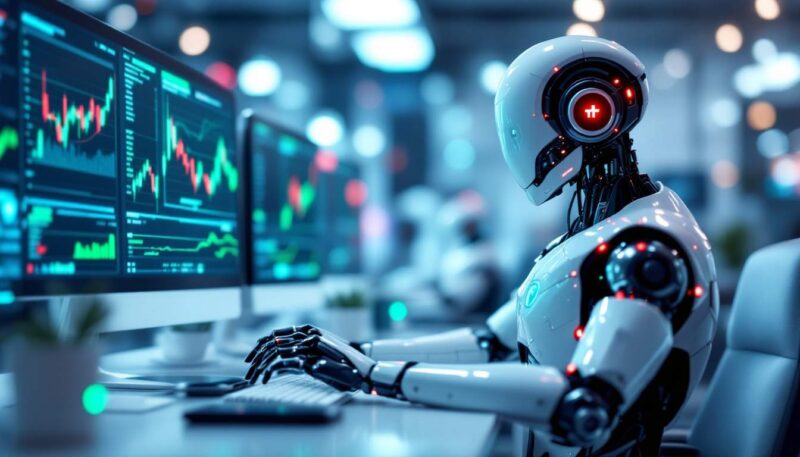
Types of AI Technologies Used
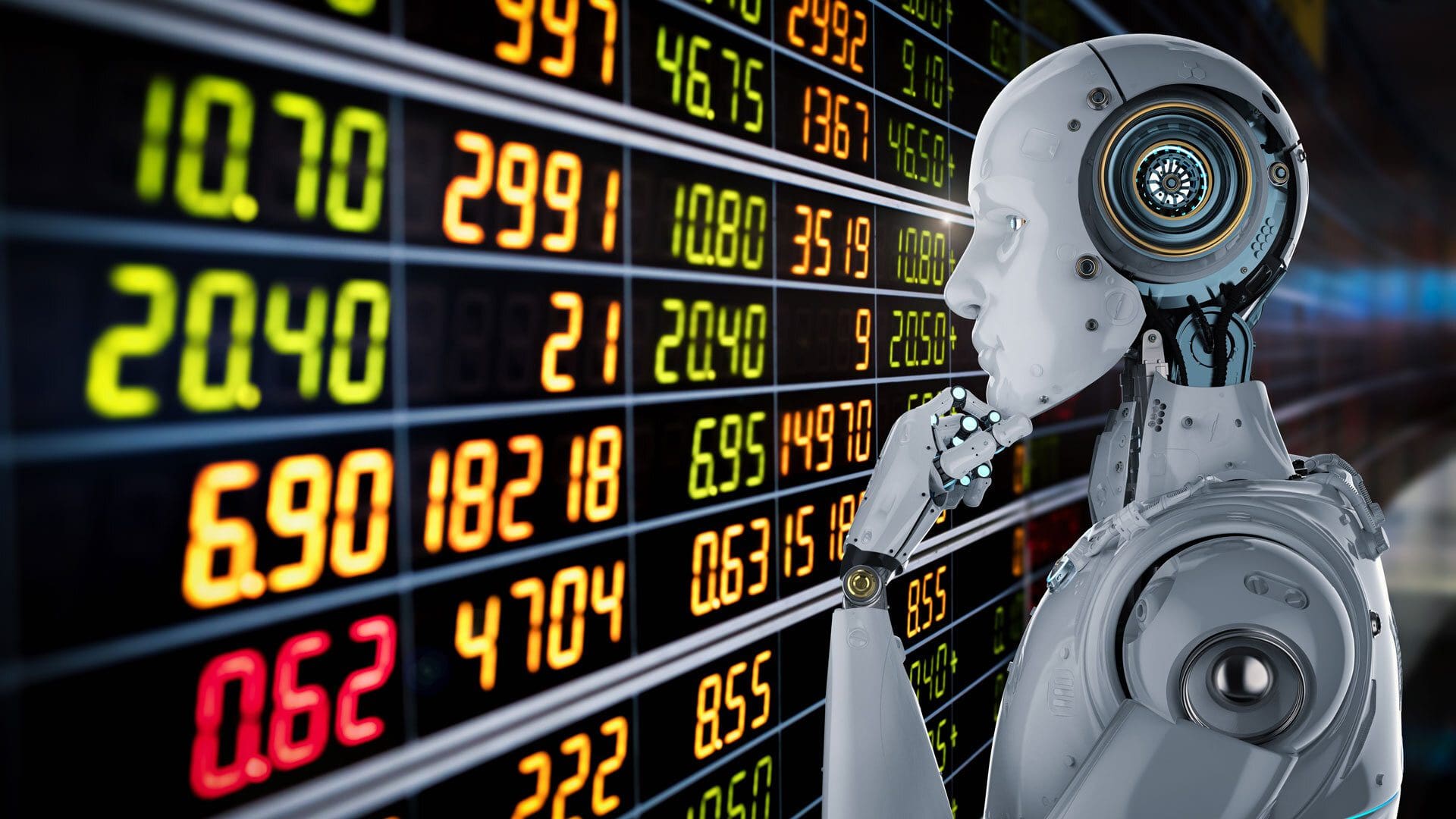
In the rapidly evolving landscape of trading platforms, various AI technologies are revolutionizing how strategies are devised and executed. At the forefront, machine learning algorithms are utilized to analyze vast datasets, uncovering intricate patterns that human traders might overlook.
Natural language processing (NLP) tools are also gaining traction, enabling platforms to interpret market sentiment through analysis of news articles and social media chatter, which can sway stock prices dramatically. Furthermore, predictive analytics leverages historical data to forecast future trends, aiding traders in making more informed decisions.
These technologies often work in tandem, creating a sophisticated ecosystem where automation and human intuition blend, ultimately enhancing trading efficiency and responsiveness in a market that never sleeps. The integration of AI fosters not just speed, but also depth, empowering traders with insights that can lead to strategic breakthroughs.
Applications of AI in Trading
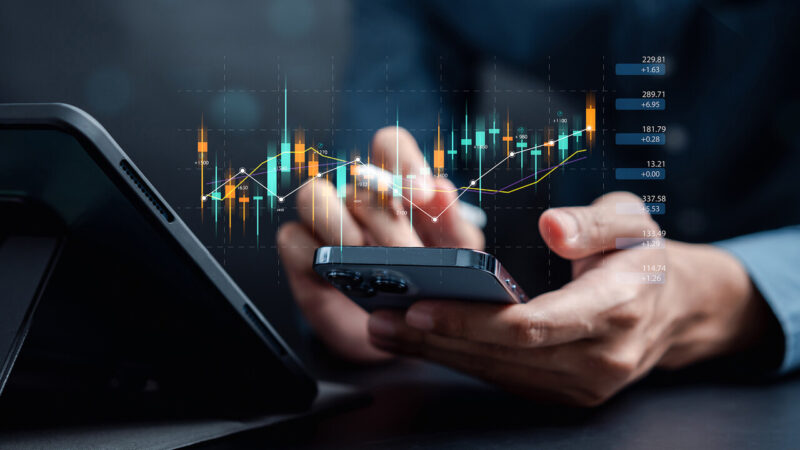
Artificial Intelligence has revolutionized trading platforms by introducing powerful tools that can analyze vast amounts of data at unprecedented speeds. From predictive analytics that forecast market trends to algorithmic trading systems that execute orders within microseconds, AI optimizes decision-making processes and enhances profitability. Machine learning models sift through historical price data and real-time market signals, identifying intricate patterns that may elude even the most seasoned traders.
Moreover, sentiment analysis scours news articles and social media feeds, enabling traders to gauge public sentiment and its potential impact on stock prices. This multifaceted approach not only streamlines trading strategies but also equips traders with insights that empower them to navigate the complexities of financial markets with greater confidence and efficiency.
In this fast-paced digital landscape, the integration of AI marks a shift from intuition-based trading to a more analytical, data-driven approach, paving the way for unprecedented opportunities and challenges.
Conclusion
In conclusion, the integration of artificial intelligence in trading platforms marks a transformative shift in the financial landscape, enhancing the efficiency and effectiveness of trading strategies. By leveraging advanced algorithms and machine learning, traders gain invaluable insights from vast datasets, allowing for more informed decision-making and improved risk management.
One of the critical aspects that AI brings to the forefront is the depth of market analysis, enabling users to assess liquidity and market dynamics with unprecedented accuracy. As we continue to witness the evolution of AI technologies, it is clear that their synergy with trading platforms will not only streamline processes but also democratize access to sophisticated trading tools, ultimately fostering a more competitive and resilient financial ecosystem.
